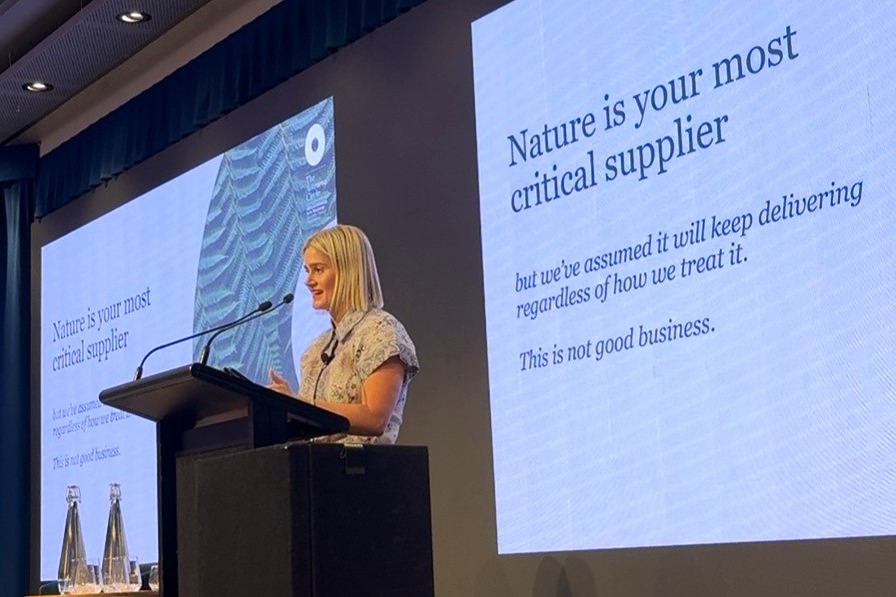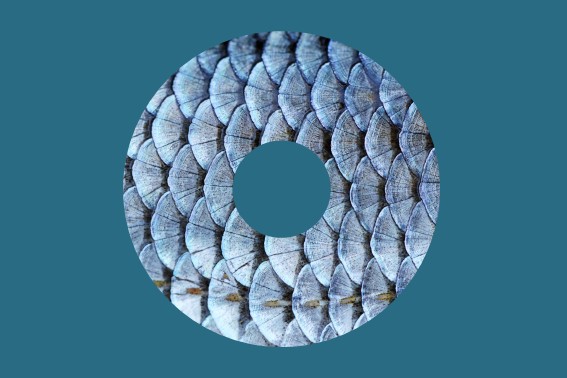*The views expressed by this Rangatahi member are their own and do not necessarily reflect the opinions or positions of the organisation(s) they represent.
Hinera Parker - Genesis
Your whakapapa / background
Ko Tongariro te maunga,
Ko Taupō te moana,
Ko Ngāti Tūwharetoa te iwi,
Ko Te Heuheu te tangata!
Can you imagine a world 50 years from now when you are in your 70s or 80s? What is the worst-case scenario you can imagine for that world?
That communities aren’t thriving and have less of a connection to te taiao, and te taiao has been significantly degraded.
It would be possible to imagine an even worse scenario than that, in which people are literally fighting each other for food. But you didn’t. Why do you think that is?
I speak from experience as opposed to optimism. I have been privileged to work with strong communities and have seen the positive intergenerational effects that a supported, tight-knit community can achieve. By looking to support our communities we can build strength and resilience within them and move us towards a stronger future.
So, what is the best-case scenario if you are 75 years old and looking back on your situation?
That would be where our mokopuna are realising the benefits of the mahi we have put in for them now.
A best-case scenario would be where our children and the generations that follow have access to and live close to nature. Aotearoa is blanketed with native forest, waterways are clean, swimmable, and rich in kai. People and place are thriving simultaneously. Te Reo Māori and tikanga Māori are woven into all aspects of society.
Some readers would be surprised to hear someone in their 20s already thinking about being a good ancestor. Why are you like that and do you see that across your peer group?
I was raised to acknowledge and honour the past and to consider the generations that will follow me. I see it among my peers as well – we feel a deep responsibility to contribute to something bigger than us. We know we inherited the world from past generations, and we’re passing it on to future generations. So, we want to make sure future generations are coming into a world that is sustainable, equitable and thriving.
Mō tātou, ā, mō kā uri ā muri ake nei
for us and our children after us
That leads me to my next question, which is do you think young people in Aotearoa have enough of a voice?
No way! We often keep rangatahi in the centre of dialogue, we often talk about our future generations, but seldom do you hear of people engaging with them directly to hear their perspective.
Further to that, I think we’re still on a journey to becoming a society where young people feel that their perspective is valuable. It would be one thing to say that you gave rangatahi a seat at the table but was the room safe and mana-affirming? Were they engaged in a way that made them feel like their perspective is valuable? It needs to be more than a tick-box activity. Rangatahi have a unique perspective to offer, and we have a responsibility to affirm that.
I’m privileged to see first-hand how incredible young people are. In my role I work with rangatahi younger than me, and I’m constantly blown away by the questions they ask, and often find myself questioning my own perspectives.
Maybe that’s why I’m an optimist, I know the future is in great hands.
So in that context, what have you learned from the RAP (Rangatahi Advisory Panel) experience?
One learning I have from being on the RAP is seeing first-hand the importance of diversity of thought. Even though we’re all within the same generation, we come from very diverse backgrounds, we have different experiences, and therefore often hold different opinions. I'm always fascinated to hear my fellow RAP members perspectives and I always leave our sessions inspired and reflective.
Being on the RAP I’ve witnessed how powerful it is to bring rangatahi together and create a platform for them to offer their own unique perspectives. I’ve seen some magical moments so far.
The sessions have helped me to realise the value of my own voice, which has been shaped by my experiences and identity, and I feel privileged to be able to bring a young, female, indigenous perspective into the room.






